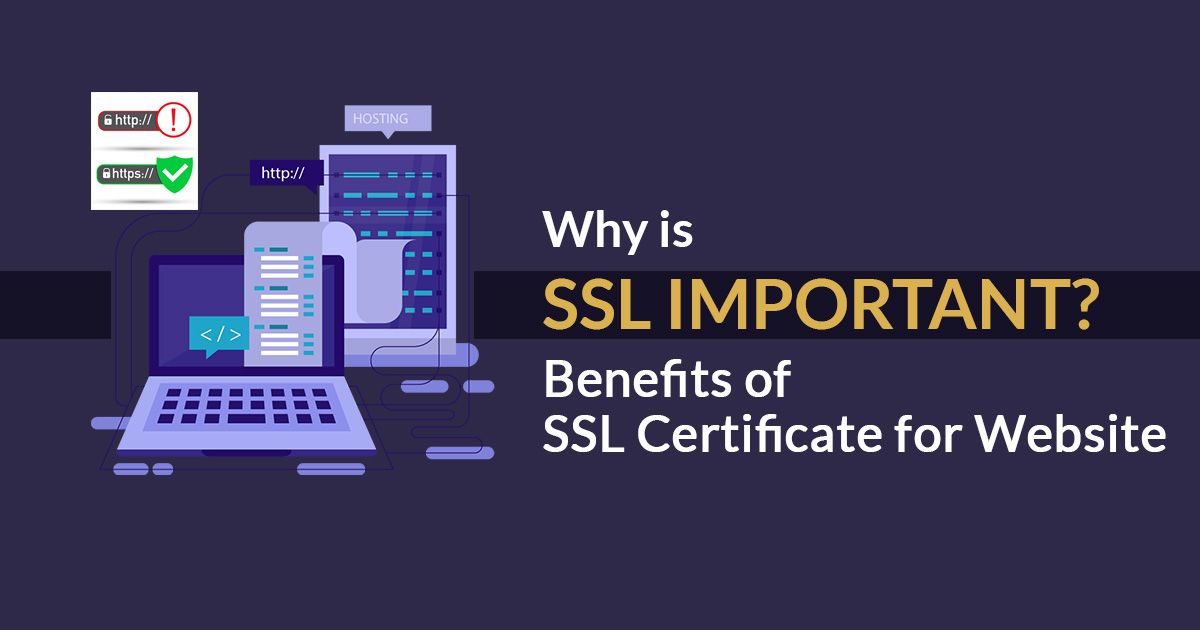
The Importance of HTTPS and SSL Certificates
- 0
In the fast-paced world of technology, cybersecurity is a top priority for every business. One crucial aspect of cybersecurity is the use of HTTPS and SSL certificates on websites. In this article, we will delve into the importance of implementing HTTPS and SSL certificates on your website to ensure the safety and security of your customers and data.
What is HTTPS?
HTTP stands for Hypertext Transfer Protocol, which is the protocol used for transmitting data over the internet. HTTPS, on the other hand, stands for Hypertext Transfer Protocol Secure. It is a secure version of HTTP that encrypts the data being transmitted between a web browser and a website, making it nearly impossible for hackers to intercept and read the data.
What are SSL Certificates?
SSL (Secure Sockets Layer) certificates are small data files that digitally bind a cryptographic key to an organization’s details. When installed on a web server, it activates the padlock and the https protocol, allowing secure connections from a web server to a browser.
Benefits of HTTPS and SSL Certificates
1. Data Encryption
By implementing HTTPS and SSL certificates on your website, you can encrypt sensitive data such as credit card information, login credentials, and personal information. This encryption ensures that even if a hacker intercepts the data, they will not be able to read it.
2. Trust and Credibility
Websites that use HTTPS and SSL certificates are seen as more trustworthy and credible by visitors. This is especially important for e-commerce websites, where customers are required to input their personal and financial information. By displaying the padlock icon and the “https://” in the URL, you are signaling to visitors that your website is secure.
3. Search Engine Ranking
Search engines like Google give preference to websites that use HTTPS and SSL certificates. Websites with secure connections are ranked higher in search engine results pages (SERPs), leading to increased visibility and traffic to your website.
4. Protection from Cyber Attacks
Without HTTPS and SSL certificates, your website is vulnerable to cyber attacks such as man-in-the-middle attacks, data breaches, and phishing attempts. By implementing HTTPS and SSL certificates, you are protecting your website and your customers from these malicious attacks.
How to Implement HTTPS and SSL Certificates
Implementing HTTPS and SSL certificates on your website is a straightforward process. You can purchase an SSL certificate from a trusted certificate authority and install it on your web server. Most web hosting providers offer SSL certificates as part of their hosting packages, making it easy for you to secure your website.
Conclusion
In conclusion, the importance of implementing HTTPS and SSL certificates on your website cannot be overstated. Not only does it encrypt data and protect your website from cyber attacks, but it also builds trust and credibility with your visitors. By investing in HTTPS and SSL certificates, you are investing in the security and success of your business in the digital age.
Don’t wait until it’s too late. Secure your website with HTTPS and SSL certificates today.

